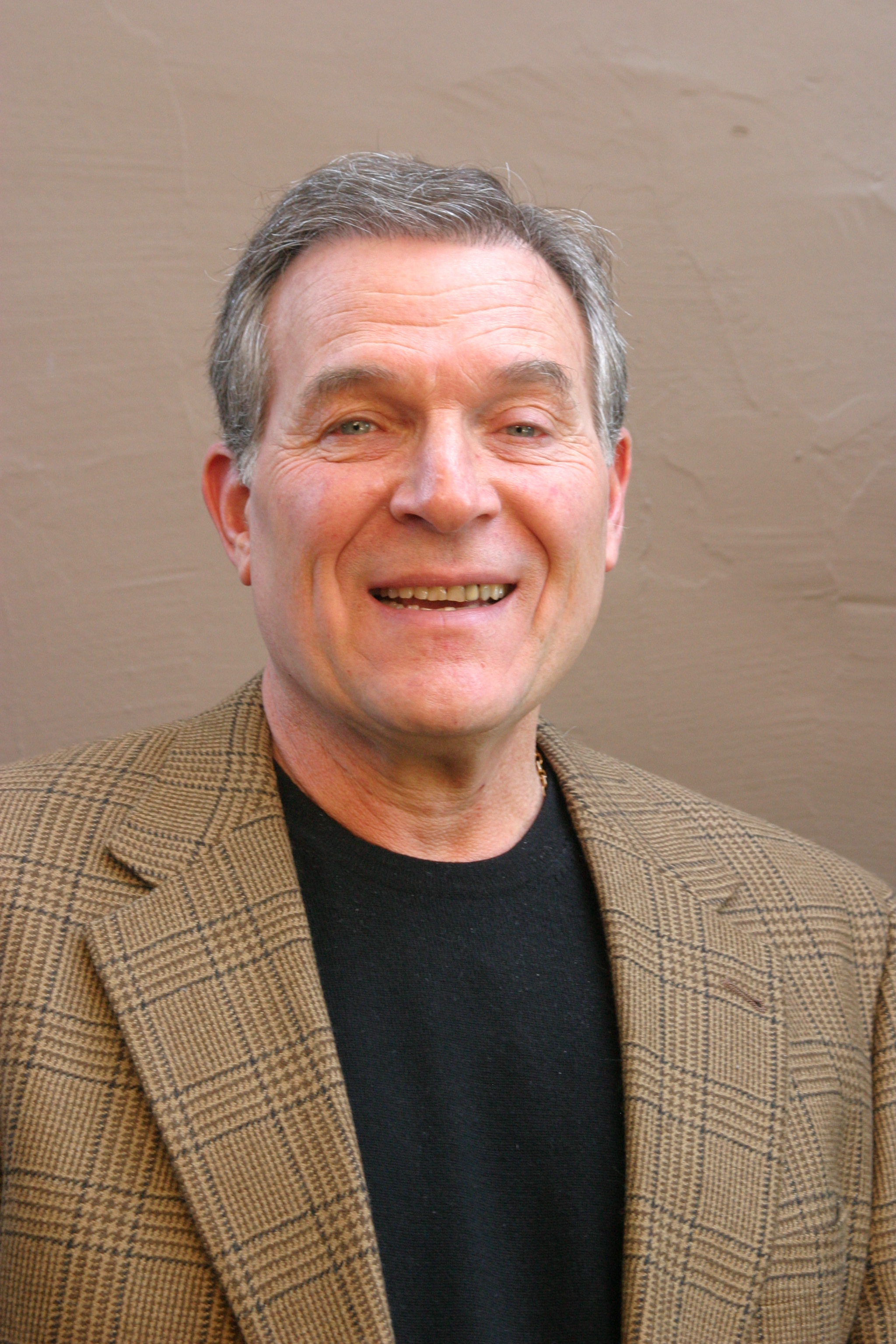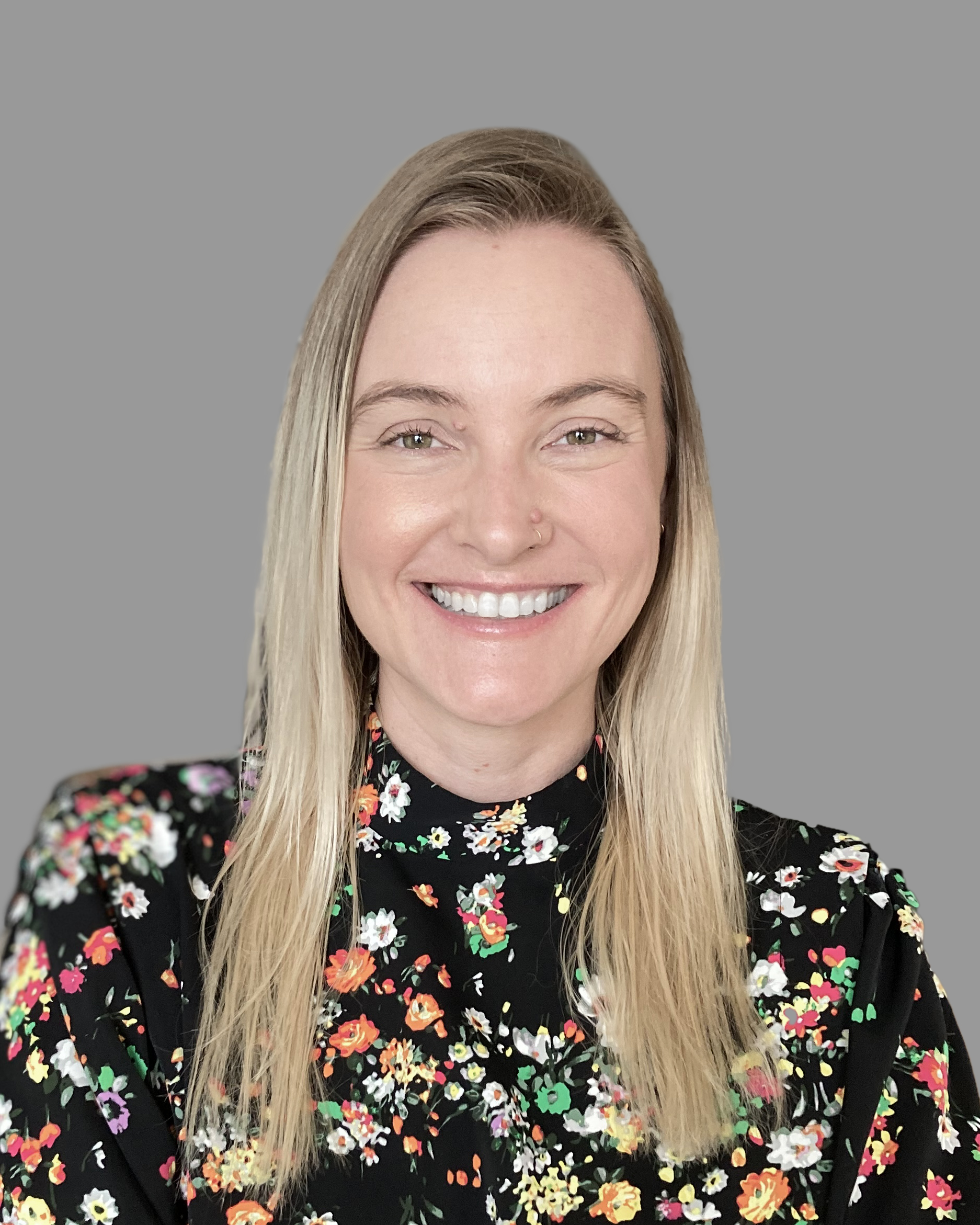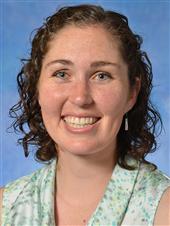2023 OPA "Restore" Spring Conference Speakers
As we confirm speakers, we will be updating our website here! Read the information below to learn more about this year's speakers.
Larry Waldman, PhD, ABPP 
Dr. Waldman is a recently semi-retired licensed clinical, forensic psychologist in Phoenix, Arizona. He conducted a highly successful private practice of 45 years working with children, teens, parents, couples, and adults in a solution-focused manner. He also consulted with family, personal injury, immigration and estate planning attorneys. His BS in Education/Psychology was from the University of Wisconsin; his MS in School Psychology was at the University of Wisconsin-Milwaukee; his Ph.D. in Educational/School Psychology was earned at Arizona State University; and his Diplomate (ABPP) was received in 2003.
Waldman was the past president of the Maricopa Psychological Society, the Director of Psychological Services for Charter Psychiatric Hospital of Glendale, an “Official Guide” (top expert) on Parenting for SelfGrowth.com and was a Medical Consultant for the Social Security Office in Phoenix. He continues as an adjunct graduate professor in counseling and serves on the professional advisory board of Stepping Stones of Hope, a charitable organization serving children whom have lost a parent. Waldman also was the co-chair of the Early Career Psychologists Committee with the Arizona Psychological Association (AzPA) for five years. He is certified by the American Council on Exercise (ACE) as a (senior) fitness specialist and is a yoga instructor, certification in process, offering “psychoyogology.”
Session Description:
Psychologists are trained to provide psychotherapy but are not schooled in the process of conducting a successful private practice. In fact, many training institutions frown upon the notion of private work. Moreover, most mental health providers know one, and only one, way to function—be seated across from a client (hopefully with valid insurance).
In Non-Traditional Methods of Development and Practice Dr. Waldman describes the open attitude and innovative steps that can be taken to effectively market and conduct a thriving private practice. His practice became one of the most diverse and successful ones in Phoenix. This program is particularly well-suited for early career providers but is also needed by senior clinicians who desire to explore new ways of practice.
Learning Objectives:
- List characteristics of an optimal business and how they relate to private practice
- Name at least one effective new marketing strategy to attract new clients
- Name at least one effective new method to become known as “The Expert”
- Name at least one effective new concept to develop an additional income stream.
Session Description:
Psilocybin has gained increased interest for its potential as a mental health treatment and was granted the status of “breakthrough therapy” by the Food and Drug Administration in 2018 and 2019 following promising results from preliminary trials on psilocybin treatment for major depressive disorder and treatment-resistant depression. Currently, psilocybin is being researched in association with treatment of a number of conditions, ranging from substance abuse, anxiety, depression, and suicidality to chronic pain, epilepsy, headaches, and cancer-related symptoms (Lowe et al., 2021). In November 2020, Oregonians voted into law Ballot Measure 109, also known as the Oregon Psilocybin Services Act (since codified as ORS 475A), making Oregon the first state to establish a regulatory framework for psilocybin services (Oregon Health Authority, n.d.). This workshop will introduce participants to current information about ORS 475A. We will focus on the ethical issues related to this act for psychologists practicing in the state of Oregon. Participants will explore how to use this information in their clinical work with patients who are interested in or actively using Psilocybin services.
Learning Objectives:
- Gain awareness of ethical issues related to Oregon’s Psilocybin Services Act
- Be able to differentiate ethical from legal issues related to Oregon’s Psilocybin Services Act
- Understand the application of the Ethical Decision Making Model in order to navigate potential ethical issues related to Oregon’s Psilocybin Services Act

Dr. Jim Turner
Dr. Turner is a senior consultant who serves on the Ethics and Program Advisory Committees of VISIONS, Inc. He is a professor of Psychology at John F. Kennedy University in Pleasant Hill, CA, and the University of California, Berkeley Extension Program. He is experienced in community consultation and was voted one of the 50 most influential members of the Oakland/San Francisco Bay area for his support of community projects. He is a licensed psychologist who earned his doctorate from University of California-Berkeley Campus.
Session Description:
The Diversity Equity and Inclusion journey requires a Four Levels of Analysis of organizational Change. This model is built on the understanding that change to any system must occur at multiple levels and account for multiple variables of difference. It is not enough to simply open the door to diversity at the institutional level; rather, in addition to successfully recruiting diverse individuals, organizations must address barriers to inclusion and retention at the personal, interpersonal, and cultural levels. This approach not only addresses the individual-level attitudes, unconscious biases and behaviors that hold people back in organizations, it also points out other areas—whether in policy, practice, and the unstated norms and assumptions that operate within an organization—that must be addressed to create a fully inclusive community.
The four levels of analysis and change framework identifies four levels at which systematic inequality and exclusion based on race/ethnicity, gender and gender expression, social status, age, and other factors have been created historically and sustained by current practice.
• Personal: What are the reported attitudes, beliefs, values, and feelings about various aspects of inclusion and equity?
• Interpersonal: How are people behaving toward each other on a variety of dimensions?
• Institutional: What are the ways that the organization conducts its work? How do both formal and informal policies, practices, and organizational structures support the related goals of the organization, or not?
• Cultural: What are the currently valued norms, customs, and right ways of being and acting endorsed by the organization? How are these working and/or not working for various members of the organization and its constituent community
Learning Objectives:
- Acquire and apply a conceptual framework to sustain equity and inclusion practices in psychological organizations and services
- Develop/enhance skills in applying tools/inclusion skills in addressing oppression at the personal, interpersonal, institutional, and cultural levels.
- Acquire utilize an understanding of oneself as a cultural being in developing effective relationships across difference.
 Kimberly Milbrandt, PsyD Kimberly Milbrandt, PsyD
Kimberly Milbrandt, Psy.D. is a dedicated psychologist resident with more than a decade of experience working in mental health and healthcare settings. Originally from Phoenix, AZ, she worked as a licensed counselor (M.A. Clinical Counseling) with a focus on community health prior to her doctoral studies. Dr. Milbrandt attained her doctoral education at The Chicago School of Professional Psychology in Washington, D.C., and The Georgia School of Professional Psychology in Atlanta GA. She completed her internship at Providence Medical Group, where she has continued to serve as a resident. Her clinic placements include integrated primary care using the PCBH model, neurodevelopmental assessment, and pediatric specialty clinics. Dr. Milbrandt’s clinical work centers on complex cases involving health, cognitive, developmental, learning, and mental health concerns. Her therapeutic interventions follow the orientations of brief care models (i.e., MI, SF, FACT, and IPT). Dr. Milbrandt is passionate about advancing mental health practices and developing comprehensive care models, particularly for marginalized and underrepresented individuals. Her areas of focus include affirming assessment practices and interventions for neurodivergent and LGBTQAI+ people in healthcare settings. When she is not practicing, Dr. Milbrandt enjoys being outdoors and eating new foods. She lives in the greater Portland area with her partner and beloved dog, Toby.
 Mali Nakhai, MD Mali Nakhai, MD
Mali Nakhai, MD is a Family Medicine physician and primary care provider. She leads the "Portland Trans+ Care Providers" group of multidisciplinary providers invested in improving care for trans and gender diverse individuals. Mali is a cis, queer-identified person whose pronouns are she/her.
Session Description:
This presentation will provide attendees with the knowledge and skills to provide gender-affirming care to their clients. Attendees will learn about various gender identities, the challenges faced by gender diverse individuals, and strategies for providing affirming support and care. The presentation will also cover best practices for gender-affirming psychotherapy and readiness evaluations for medical interventions. Attendees will develop skills in providing compassionate, ethical, and respectful care that adheres to the latest standards of gender affirming care.
Learning Objectives:
- Understand the various identities along the gender spectrum, including non-binary, genderqueer, and genderfluid identities, and learn strategies for providing affirming support to clients gender identity and expression
- Identify the challenges faced by gender diverse individuals in society and in the context of psychological care and learn strategies for providing gender affirming support and care.
- Learn about best practices for providing gender affirming psychotherapy and readiness evaluations for medical interventions for gender diverse clients.
- Develop skills in providing gender-affirming care that is compassionate, ethical, and respectful of a client’s autonomy and self-determination, while also adhering to the latest standards of gender affirming care.
|




 Kimberly Milbrandt, PsyD
Kimberly Milbrandt, PsyD Mali Nakhai, MD
Mali Nakhai, MD